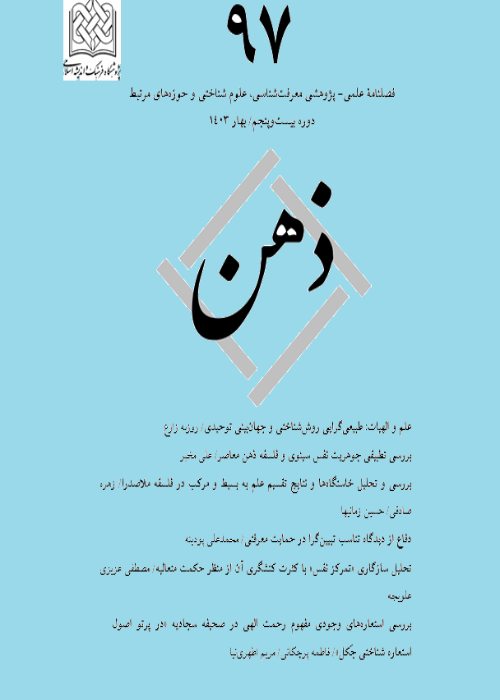The Cerebral and Unconscious Origin of "Free Will" in Benjamin Libet's Experiment and Transcendental Philosophy
For a long time, the issue of "free will" has been one of the important topics among thinkers. Today, with the progress of neuroscience, scientists in this field have tried to explain this problem with an experimental approach. Therefore, Benjamin Libet and his colleagues have provided a new analysis of the formation process of voluntary action with laboratory studies on subjects. By examining the changing times of electrical oscillations in the brain, "conscious will" and muscle stimulation, they have discovered that the " readiness potential" begins to slowly change about 400 milliseconds before the time of awareness of the will, and this is the reason for the person's will to act. Therefore, Libet concluded that "unconscious brain process is the source of conscious will and voluntary action".
The current research method was textbook. it was criticized and investigated with the analytical-rational method.
In Sadrai's attitude to Libet's findings, according to the rational analysis of the process of voluntary action, the potential of previous preparation can be considered as the scientific stage of voluntary action, i.e. the stage of imagination and confirmation. We presented another analysis according to the types of agents. The soul, in the active role, naturally does its work without knowledge and will - in the sense of making a decision. But the soul, as a subject, performs its actions on the basis of knowledge and will. Therefore, the process of voluntary action is from the beginning of desire or conscious will to the realization of the action, such as the actions of the "subject with intention". Of course, issuing a will from an immaterial soul is like a "subject in manifestation". And here is the place of confrontation between Sadrai's view and Libet's findings. Because according to Libet's point of view, the conscious will has an unconscious origin. But according to Sadr al-Mutalahin, the will is issued from the soul and self-conscious origin. In addition, we presented a new analysis through the explanation of the truth of "material- immaterial levels of will".
Through laboratory and neurological observations, only the material order of the will and its electrical changes in nervous systems can be observed. But according to the progressive principles of transcendental wisdom, corresponding to this material level, the will has a non-physical level. The same conscious state that Libet did not access through the laboratory experiment, and asked the subjects themselves to report when they were aware of their will. Therefore, Benjamin Libet observed a series of changes before the conscious will after which the conscious will occurred. He then concluded that the unconscious brain process is the source of the conscious will. This conclusion of Libet is a rational argument. However, such scientific findings cannot challenge dualism, or in other words, Sadra's monotheism (the truth of a single material-immaterial human being). According to Sadra's progressive principles, not only this experiment is not considered a challenge for Sadra's psychology, but also some findings of this experiment are compatible with some aspects of rational and philosophical analysis of the gradual process of will.
- حق عضویت دریافتی صرف حمایت از نشریات عضو و نگهداری، تکمیل و توسعه مگیران میشود.
- پرداخت حق اشتراک و دانلود مقالات اجازه بازنشر آن در سایر رسانههای چاپی و دیجیتال را به کاربر نمیدهد.


